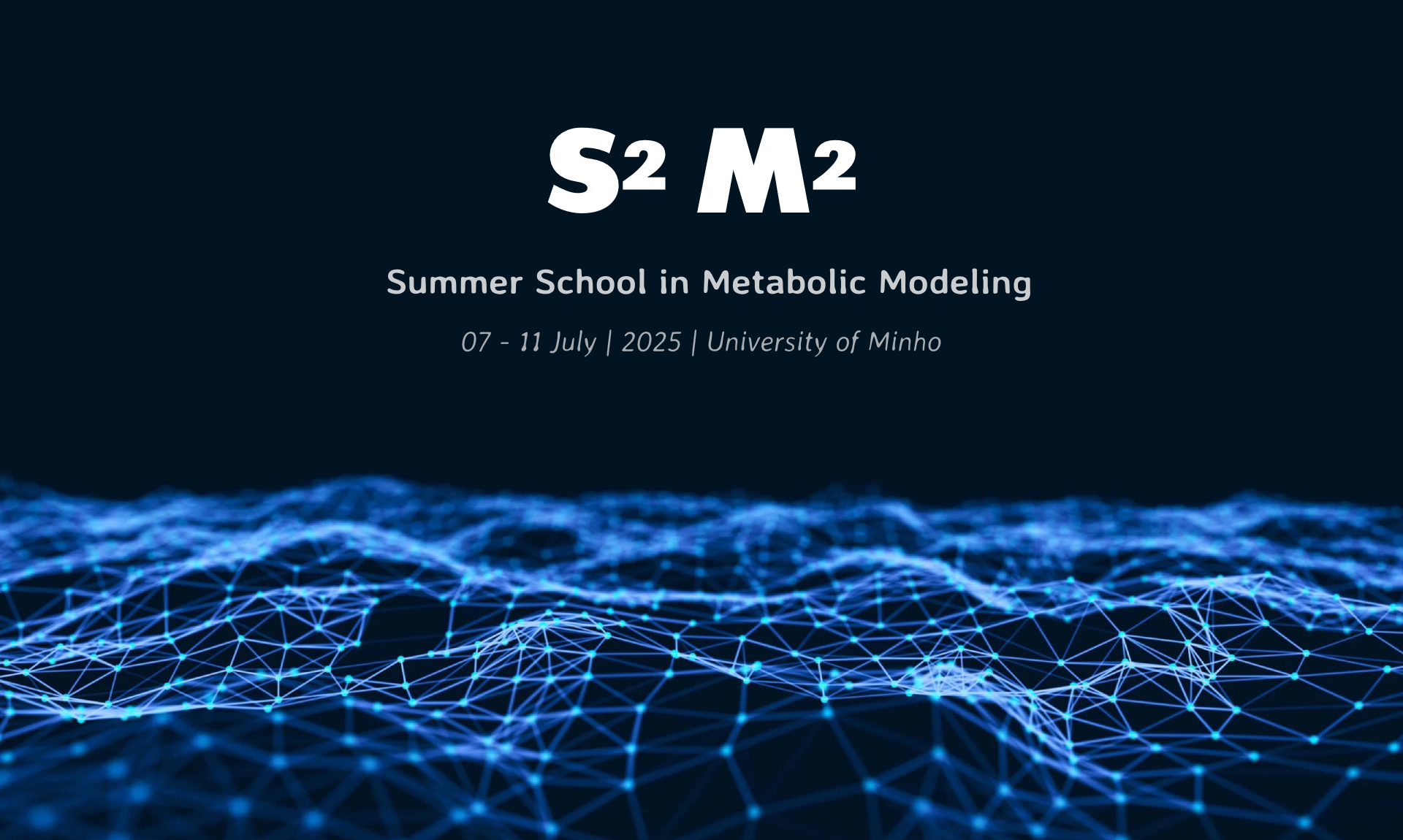The course will introduce state-of-the-art metabolic modeling covering the full process from
model reconstruction to phenotype predictions and analysis.
The course will focus on metabolic model reconstruction, phenotype simulation,
integration with omics data and strain optimization,
including both unicellular microbes and more complex organisms, such as plants and humans, as well
as microbial communities.
Applications include metabolic engineering, plant sciences and human health.
The course will last 5 days (with a weekend in the middle). Each morning and afternoon will have
theoretical and practical hands-on sessions. The lectures will be guided by an expert in the field
that will present background information, key concepts, algorithms and computational tools. Hands-on
sessions will be dedicated to extensive in silico practical work. Most days will close with a
talk reflecting the different applications of metabolic modeling, both in academy and industry.
The course will focus on the use of both user-friendly software tools and python-based tools (using Jupyter Notebooks).
Hence, whilst no programming skills are required, a set of introductory videos are provided before
the course covering a simple introduction to python. These may be helpful for the ones less familiar
with python-based tools.
The course faculty have expertise in metabolic model reconstruction,
constrained based modeling, strain optimization, and omics data integration.











